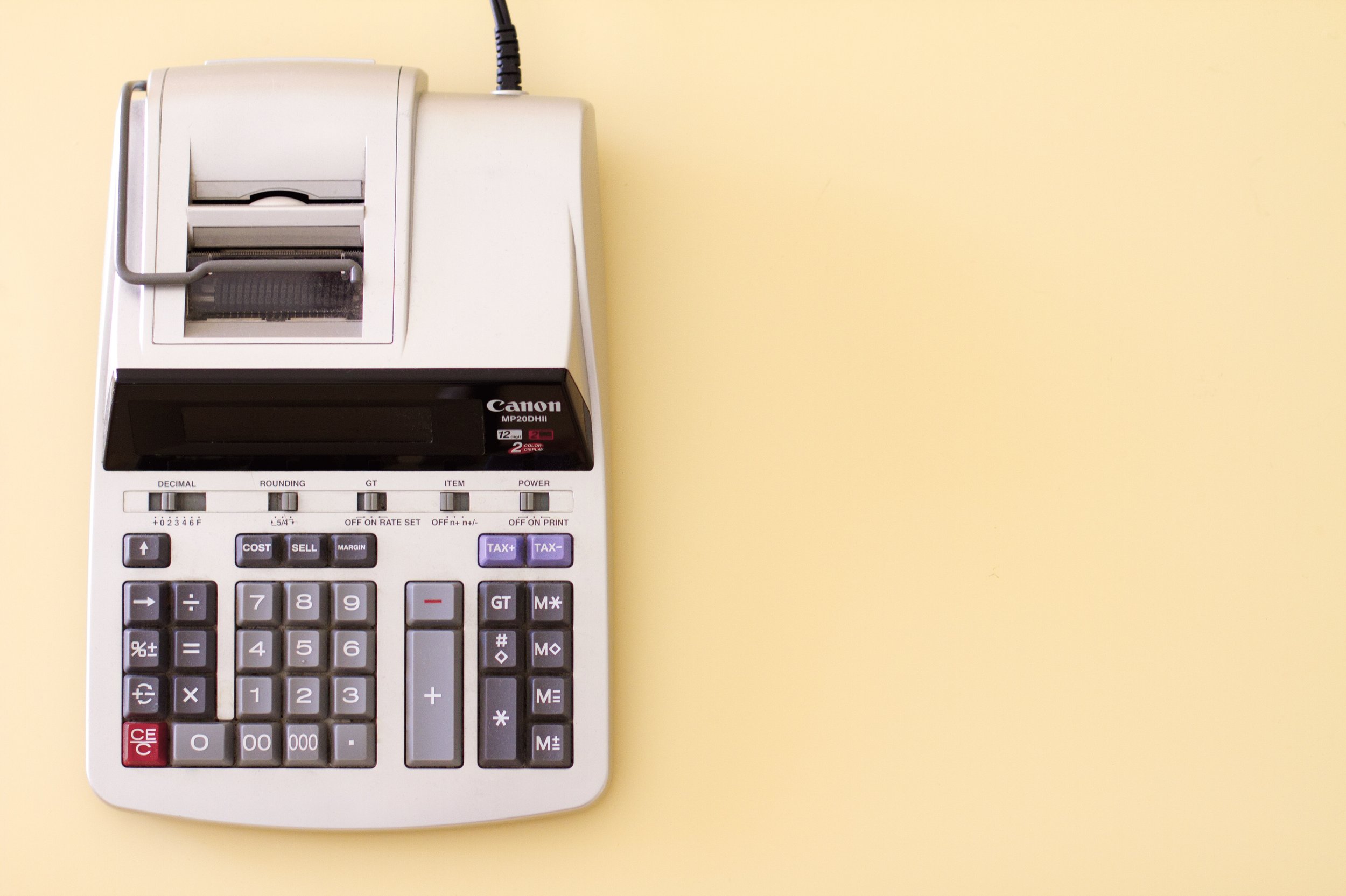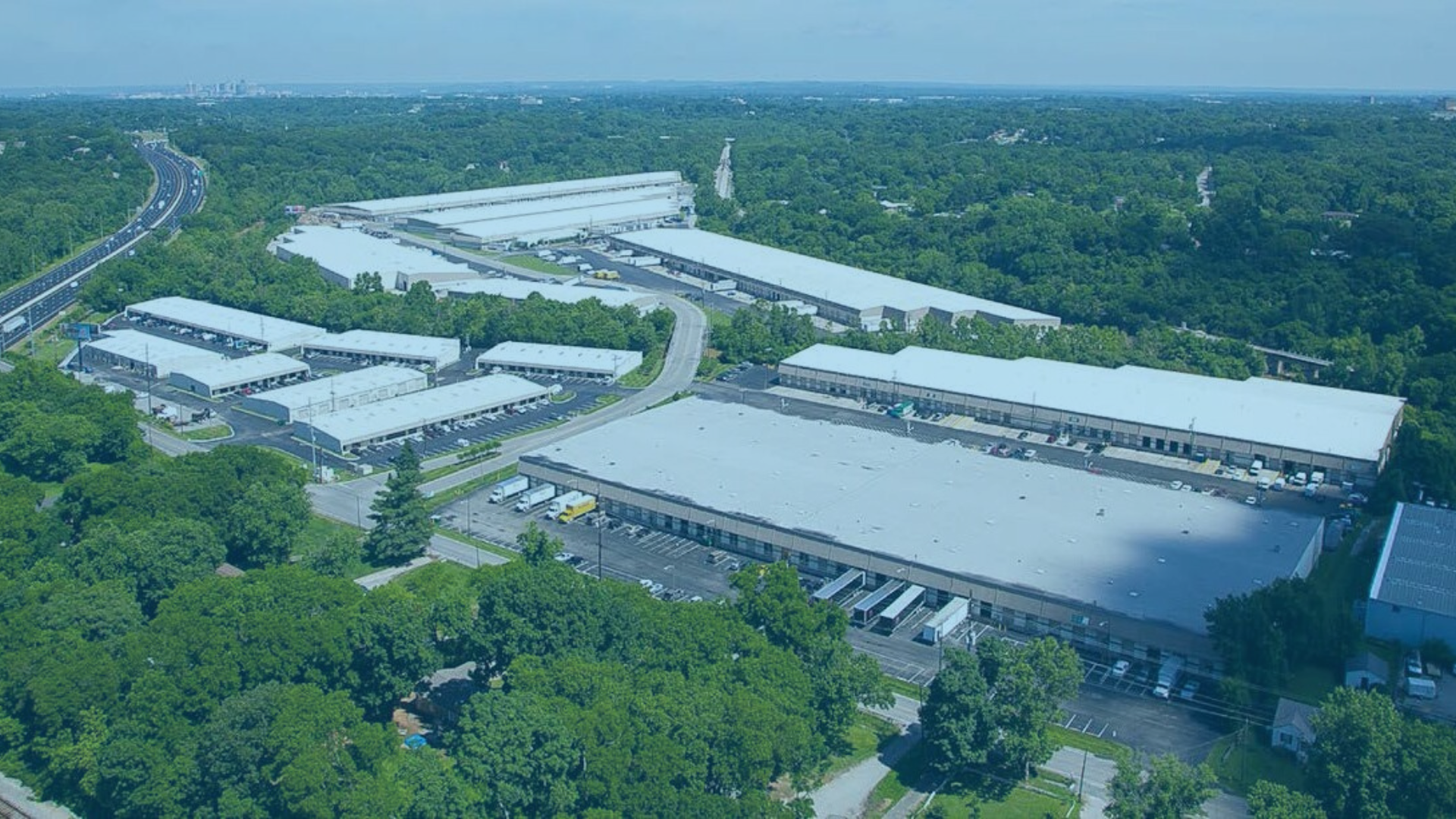Investing in Industrial Real Estate: A Quick Guide
You’ve got cash and like any wise person would, you want to make sure that cash is being productive.
You’ve watched the ups and downs of the stock market and given the current economic climate, you’re worried that investing in stocks is too risky of an option for a return that could be potentially low.
But what if you instead placed your money into a piece of industrial real estate?
What is Industrial real estate?
Industrial Real Estate can be broadly defined as all land and buildings which accommodate industrial activities including production, manufacturing, assembly, warehousing, research, storage, and distribution.
Why should you invest in industrial real estate?
With retail giants and even boutique retailers moving a large part of their inventory via online sales, it is easy to see how the need for this kind of property is steadily increasing. In fact industrial vacancy rates as a whole in the US at a mere 5.1% and were even lower for the smaller to medium sized industrial properties.
For years infill industrial property was overlooked and redeveloped into more attractive assets like multifamily, retail and residential, but now that a good portion of the available industrial stock has disappeared, the demand is heavily outweighing the supply.
Small to medium sized industrial property is typically less expensive than retail, office and multifamily, so it can be a lot easier to get a foot in the door of owning this type of asset. Industrial warehouses are oftentimes single tenant properties with long term leases meaning that you will have a lot less to deal with in terms of managing your property.
Steps to Owning Industrial Property:
There are a few different avenues into owning and operating industrial property.
Value-Add
If you can find an outdated or neglected piece of industrial property, this option can be very rewarding, and subsequent strategies such as buy/hold or buy/sell can make this a very profitable method for industrial investment.
Value-add investment consists of renovating an existing property and bringing it up to current market standards.
It is a good idea to find a general contractor who can walk through any potential spaces with you. They will be able to tell you what improvements need to be made to bring your property up-to-speed and also give you an idea of costs.
Market Value Purchase
Another way to purchase industrial real estate is to find a property that is already leased or ready to be leased.
Buying an industrial property that is at market value is very similar to buying any other commercial asset.
You will want to ensure that your returns are at a desirable rate, and that your property is in good enough shape to lease minimal improvements.
Land Development
Developing industrial property also has the potential to create profitable returns. With such a low supply in the market, there is a lower risk associated with this kind of development, but of course you will want to analyze whether or not this is the case in your specific market.
First, you will need to find a piece of undeveloped industrial land. Some commercially zoned land allows for warehouses, so depending on what kind of building you want to construct, you may not be limited to only industrial land.
Next, you will need to figure out what it will cost per square foot to build- this is another great reason to have a trustworthy general contractor on your side.
You’ll need to know what you can fit on the piece of land that you purchase, and make sure that you will have adequate parking for your development.
If the numbers make sense and your market demands the intended product, this could be a great way to own industrial real estate!
Looking for a deeper dive into industrial real estate? Read:
Owning industrial real estate is as easy as starting your search today, and it always helps to have an experienced broker to assist you in this process.
Whether a seasoned real estate investor or just getting started, The Cauble Group would be happy to assist you in your search for your first industrial property.
Please contact sam@thecaublegroup.com for more information.
About The Author:
Sam Turner is a Native Nashvillian and currently serves as an Associate Broker for The Cauble Group. Working with investors, developers, and business owners from around the country, Sam is an expert in digging up off-market deals and connecting people. Sam values his relationships with people, and he values the opportunity to be able to play a role in the way his beloved hometown continues to grow.














If you're serious about real estate investing, it's time to look beyond those quaint single-family homes.
Bold statement? Absolutely. But stick with me here.
Now, don't get me wrong. Investing in a single-family home beats twiddling your thumbs on the sidelines of the real estate game. And yes, I'll even go out on a limb and say that residential real estate still outshines many other investment vehicles out there.
But that's not why we're here today, is it?
I'm about to lay out five reasons why commercial real estate should be your go-to play.